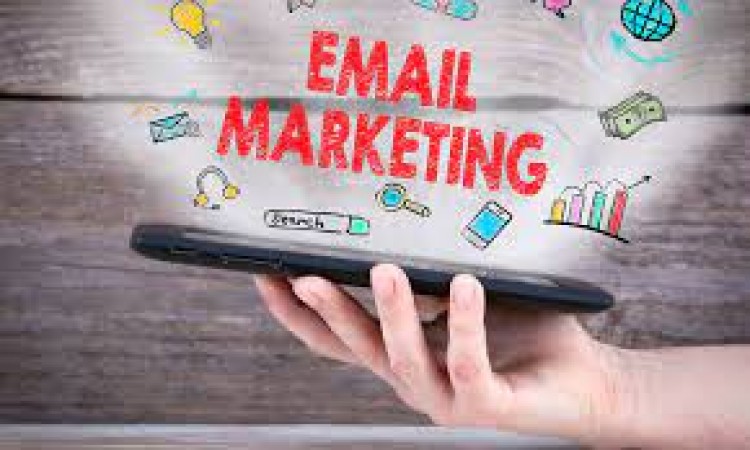
Email marketing remains one of the most effective methods for businesses to reach their customers. At its core, it's about creating a connection, providing value, and building relationships, all of which are critical elements in the modern business world. Even with the rise of social media and other forms of digital marketing, email continues to reign supreme, offering a substantial return on investment (ROI) for businesses of all sizes. This article explores the nuts and bolts of email marketing, providing key insights on how to leverage this powerful tool for your business.
The Power of Email Marketing
Email marketing harnesses the ubiquity of email to deliver promotional messages to customers, both current and prospective. It's an incredibly potent tool due to several key reasons:
Wide Reach: As of 2021, there were over 4 billion email users worldwide. This number is expected to grow, proving that the potential audience for email marketing is immense.
High ROI: Email marketing yields an impressive ROI. According to a 2020 study by Litmus, for every $1 spent on email marketing, the average return is $42.
Personalization: Email marketing allows you to send personalized, targeted messages to specific groups of people or even individual customers. This can improve the effectiveness of your campaigns and deepen customer relationships.
Strategizing for Success
Effective email marketing requires a well-thought-out strategy. Here are the crucial steps to take:
Define Your Goals: What do you want to achieve with your email marketing? Whether it's driving website traffic, increasing sales, or improving customer loyalty, defining your goals will help shape your strategy.
Identify Your Audience: Understanding who your customers are will allow you to create content that resonates with them and meets their needs.
Create a Sign-Up Form: A sign-up form on your website can help you gather email addresses. Be transparent about what subscribers can expect from your emails.
Select an Email Marketing Service: Choose a platform that suits your needs. Some popular options include Mailchimp, Constant Contact, and GetResponse.
Creating Captivating Content
When it comes to creating content for your emails, there are several key considerations:
Craft Compelling Subject Lines: Your subject line is your email's first impression. Make it enticing to improve open rates.
Personalize: Personalized emails can increase click-through rates and conversions. Use your subscribers' names, or segment your email list to deliver content tailored to different groups.
Include Clear Calls to Action (CTAs): A clear, compelling CTA can guide your readers toward taking the desired action, such as making a purchase or reading a blog post.
Provide Value: Every email you send should offer something of value to the reader, whether it's educational content, special deals, or exclusive content.
Leveraging Automation and Testing
Email automation can help you deliver the right message at the right time, while A/B testing can help optimize your campaign performance:
Automate: Email marketing platforms often offer automation tools. These can help you send timely and relevant emails based on specific triggers, like a new sign-up or a cart abandonment.
Test: Use A/B testing to identify what works best in your emails. You can test various elements, such as subject lines, content, images, and CTAs, to find the most effective combination.
The Lasting Impact of Email Marketing
Email marketing remains a cornerstone of any robust digital marketing strategy. By understanding your audience, crafting engaging content, and leveraging the power of automation and testing, you can optimize your campaigns for success. With its wide reach, impressive ROI, and potential for personalization, email marketing is a tool no business can afford to overlook.
Samsung Gears Up for 2024 with the Galaxy S24 Series: What to Expect
Amazon to Construct $120 Million Satellite Processing Hub at Florida's Kennedy Space Center